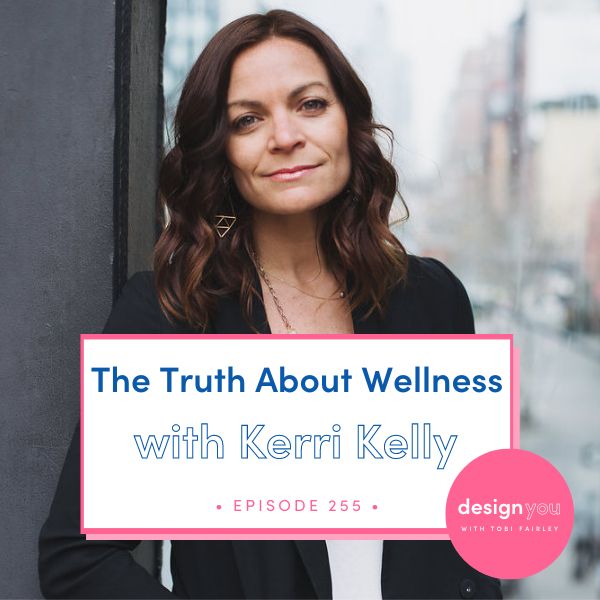
You may have heard me mention before that one of my favorite books from 2022 is American Detox: The Myth of Wellness and How We Can Truly Heal by Kerri Kelly. Well, today, we’re blessed to have Kerri on the podcast! I believe every American should read this book, and after today’s episode, you’ll see why.
Kerri Kelly is a recovering corporate executive turned community organizer, wellness activist, and an amazing author. She’s been teaching yoga for 20 years now and she’s known for making waves in the wellness industry by challenging norms, disrupting systems, asking the hard questions, and mobilizing people to act, which I love, and I know you will too.
Tune in for a moving and inspiring conversation with Kerri Kelly. We’re discussing all of the systems we need to address, dissect, and start trying to change collectively. You’ll discover the power you have to challenge embedded systems of oppression for everyone, and why doing so is an act of radical wellness.





